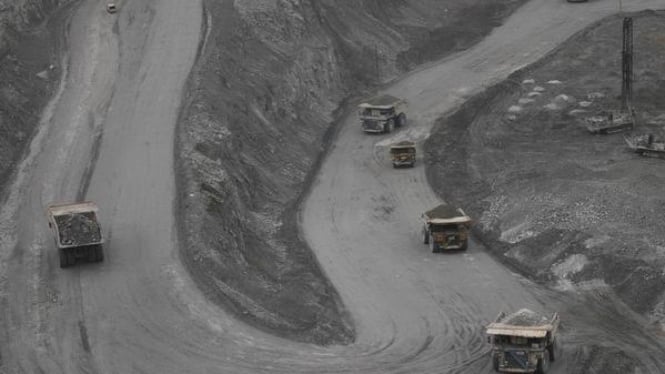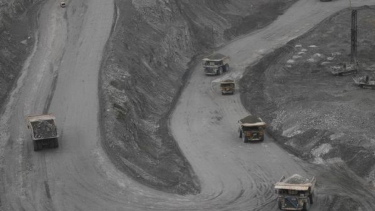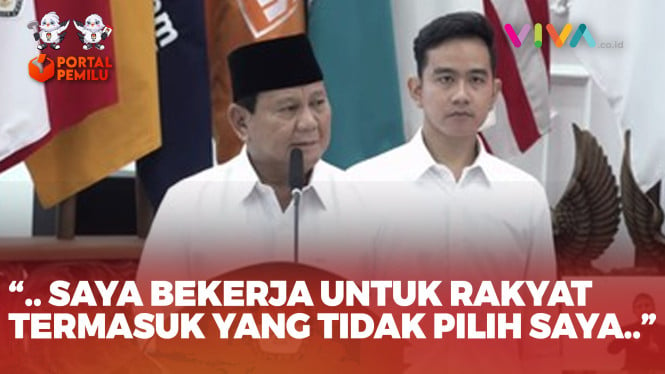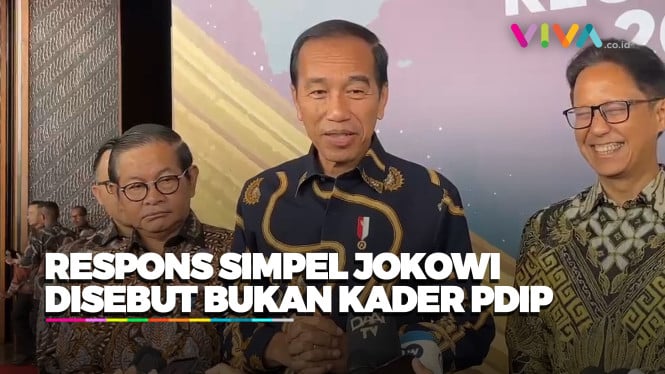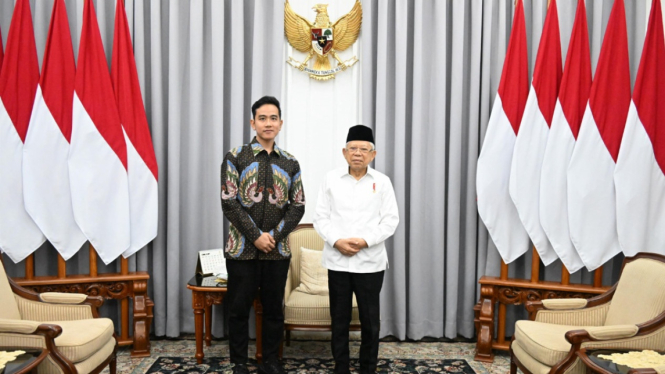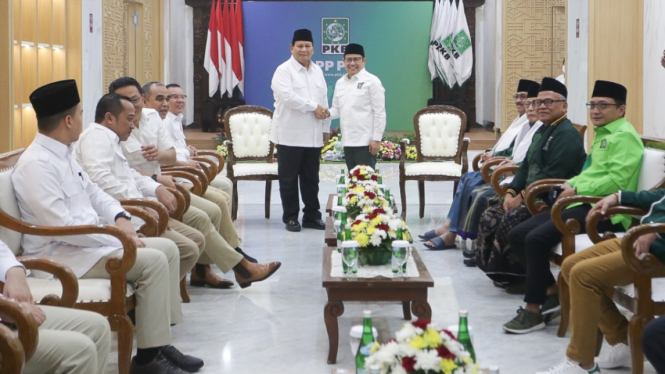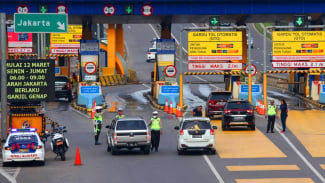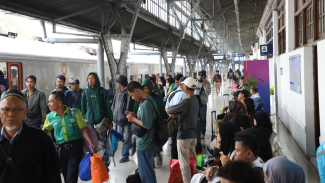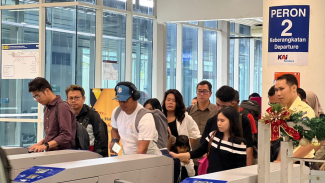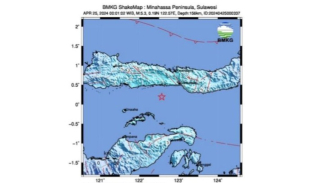- VIVAnews/Banjir Ambarita
Thousands of workers at one of the world's biggest gold and copper mines started returning to work Wednesday, ending a nearly two-week strike that brought operations to a standstill.
Union chief Sudiro, who goes by only one name, said the decision was made after Freeport-McMoRan's management agreed to reinstate six fired labor leaders and reopen negotiations about wages and benefits on July 20.
The arrival of the digital age in this far-flung corner of Indonesia, where tribesmen still live a near-Stone Age existence in dense jungles and rugged mountains, has raised miners' awareness about working conditions.
Nearly 10,000 miners - half the work force at the Grasberg mine in easternmost Papua province - took part in marches and sit-ins that started July 4 and brought management to its knees.
Within days, the sooty kilometer-wide gash in the otherwise lush Puncak Jaya mountain range was all but abandoned.
Gray piles of ore stood untouched. Trucks had stopped ferrying copper and gold concentrate to the port. And cargo ships, empty, had no place to go.
Dock loader Simon Windesi said a few computer keystrokes were enough to get him and his friends riled up. After years of toiling at the mine, many still get just $1.80 an hour.
"That's a 10th what the company pays workers in other countries!" Windesi said after a quick Internet search. "And this is their biggest profit-maker. Their production costs are the lowest. How does that make sense?"
Indonesia has had a long, complicated relationship with Freeport - a powerful player in the world markets for gold, copper and molybdenum - and Papua, its most remote province, both geographically and politically.
Earlier this decade, Freeport admitted it was paying the Indonesian military and police to handle security operations at Grasberg - a source of ongoing controversy as the rugged Papua region is home to a decades-long low-level guerrilla war that has left more than 100,000 people dead, many at the hands of Indonesia's security forces.
Because foreign journalists and human rights workers are barred from entering the province, allegations of abuse are almost impossible to confirm. But video clips of soldiers laughing as they torture suspected separatists, burning their genitals, have in recent months found their way to YouTube.
Months after Gen. Suharto seized power in a 1965 coup, Jim Moffett, Freeport's chairman, reached out to the dictator, forming what was to become a close friendship and eventually winning the right to explore for gold and copper.
Freeport, now based in Phoenix, Arizona, pumped $175 million into Papua to build a Western-standard road, pipelines, an airstrip and a new, first-class mining town - all of it to serve the mining operation.
The Grasberg mine helped bolster Suharto's corrupt and often bloody regime until his 1998 ouster and, even today, remains one of the country's biggest sources of income, helping shield it from outside criticism.
It generates more than $2 billion in taxes, royalties and dividends every year, according to data provided by the University of Indonesia's Economic and Social Research Institute.
Locals complain, however, they have seen little benefit, pointing to environmental damage caused by mine tailings pumped into the Aghawagon River and its tributaries.
Some of the mine employees interviewed by The Associated Press argue that ethnic Papuans should make up a larger part of the Grasberg work force. Of the 20,000 employees, around two-thirds are brought in from Java, Sumatra and other Indonesian islands.
Many in the province of nearly 3 million people remain desperately poor and ancient tribal ways still pervade life. Men wear nothing but feathers in their hair and hollowed-out gourds that cover their penises.
They hunt with bows and arrows and live in villages ringed by thatched huts, reachable only by foot or small aircraft.
In the last five years, Internet access has improved dramatically, especially in bigger cities like Timika and Jayapura, providing many with their first direct link to the outside world.
People read company reports and newspaper articles, post YouTube videos and join in chatroom discussions.
Windesi, 43, and his friends say that has helped raise awareness among the mine's workers about their low pay.
"We believe this mine helps finance Freeport's other operations," said Herman Sirakoie, 29, who last week joined thousands of others workers in a half-day march from company's mining town, Tembagapura, to Timika.
Dozens collapsed from dehydration and exhaustion along the way, he said, compelling the company to send 60 buses to pick them up.
"We just want to know why we're getting less than workers at other Freeport companies," said Sirakoie, who usually spends his day loading gold and copper concentrates onto cargo ships for export.
Sinta Sirait, vice president of PT Freeport Indonesia, confirmed an agreement with union officials had been reached and urged everyone to get back to work as quickly as possible.
"Many sites are filling up with water. We have to get them dried out," she said.
--
By Alfian Kartono
Associated Press


